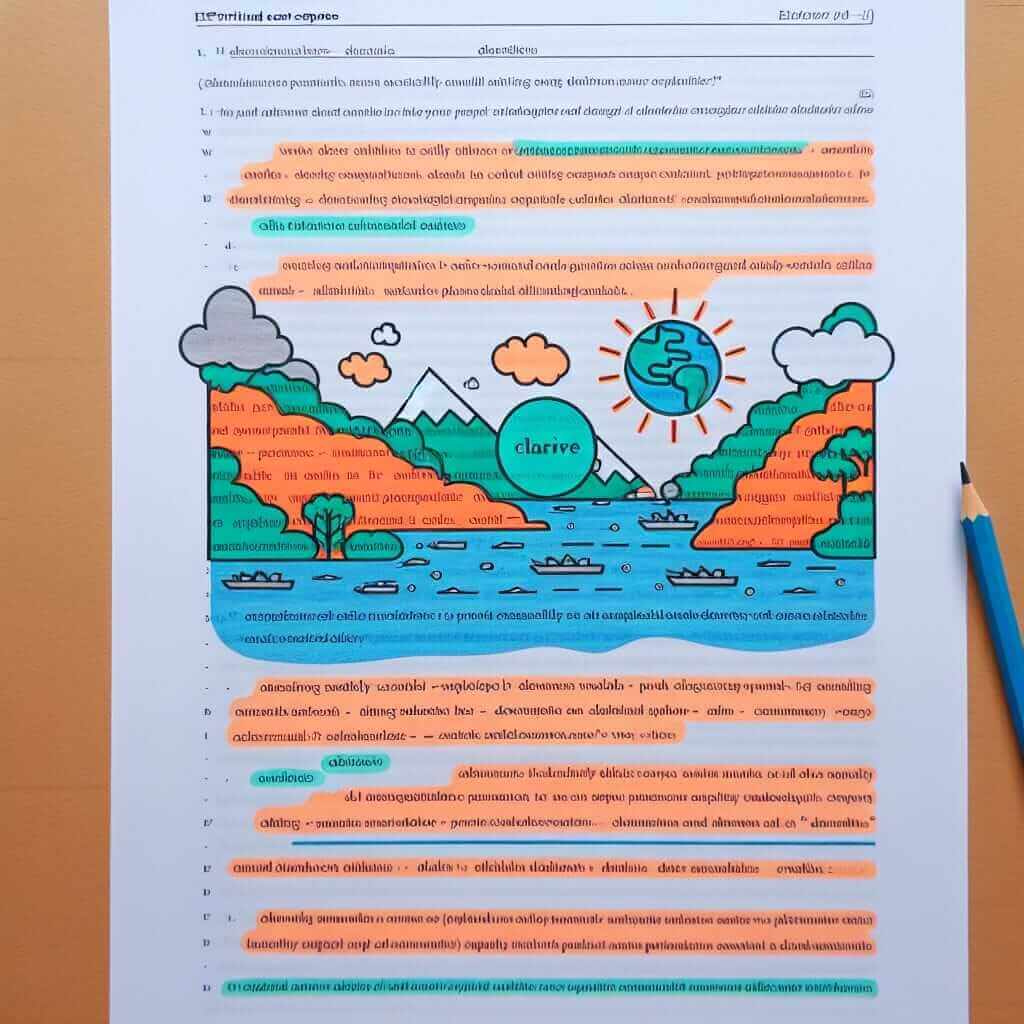As an IELTS instructor with over 20 years of experience, I understand the importance of using adverbs effectively in IELTS Writing Task 2. Many students wonder, “How can adverbs help me achieve a higher score?” The answer is simple: adverbs add sophistication and precision to your writing, demonstrating a wider range of vocabulary and grammatical control – key factors in achieving a band 7 or higher.
This comprehensive guide will delve into the strategic use of adverbs in your IELTS essays, providing clear examples and practical tips to enhance your writing.
Understanding the Power of Adverbs in IELTS Writing
While nouns and verbs form the foundation of your sentences, adverbs are the architects of detail. They provide crucial information about how, when, where, or to what extent an action occurs, adding depth and clarity to your ideas.
Consider these examples:
Without adverbs: The government should invest in renewable energy.
With adverbs: The government should invest heavily in renewable energy immediately to combat climate change effectively.
The second sentence is more impactful. The adverbs “heavily,” “immediately,” and “effectively” strengthen the writer’s stance and offer a more precise explanation.
Strategic Adverb Placement for Enhanced Clarity
Placement is crucial for adverbs to have their intended impact. Misplaced adverbs can lead to confusion and grammatical errors. Let’s examine some common adverb placements and their effects:
1. Adverbs Modifying Verbs:
-
Usually placed after the verb:
- The population increased dramatically.
- She responded calmly to the criticism.
-
For emphasis, placed before the verb:
- He strongly disagreed with the proposal.
- They firmly believe in their mission.
2. Adverbs Modifying Adjectives or Other Adverbs:
- Placed before the adjective or adverb they modify:
- The exam was surprisingly easy.
- He spoke very confidently.
3. Adverbs Modifying Sentences:
- Placed at the beginning or end, separated by a comma:
- Unfortunately, the project was delayed.
- The museum is closed on Mondays, however.
Utilizing Adverbs for Cohesion and Coherence
Beyond adding detail, adverbs are powerful tools for connecting ideas and creating a smooth flow within your essay.
Consider these linking adverbs and their functions:
-
Adding Information: Additionally, Moreover, Furthermore
- Example: Furthermore, the government should invest in public awareness campaigns.
-
Contrasting Ideas: However, Nevertheless, On the other hand
- Example: On the other hand, some argue that economic growth should be prioritized.
-
Showing Cause and Effect: Consequently, Therefore, As a result
- Example: Consequently, air pollution levels have decreased significantly.
-
Indicating Time: Subsequently, Meanwhile, Finally
- Example: Finally, the study concluded that renewable energy is a viable solution.
By strategically incorporating these linking adverbs, you can guide the reader through your arguments, demonstrating a clear understanding of essay structure and cohesion – a key factor in achieving a higher score.

Illustrative Examples from IELTS Writing Task 2
Let’s analyze how adverbs enhance essay responses to a common IELTS topic:
Topic: Some people believe that the government should spend more money on public transportation, while others think that it is better to invest in improving roads. Discuss both views and give your opinion.
Example 1 (Without Strong Adverbs): Public transportation is important for people who cannot afford cars. Good roads are important for economic growth.
Example 2 (With Effective Adverb Use): Public transportation is undeniably crucial for those who cannot afford private vehicles, providing them with access to employment and education. Similarly, well-maintained roads are vitally important for facilitating economic growth by enabling the efficient transportation of goods and services.
The second example demonstrates a more sophisticated writing style, employing adverbs like “undeniably,” “vitally,” and “similarly” to emphasize key points and connect ideas.
Tips for Mastering Adverbs in Your IELTS Writing
- Expand Your Adverb Vocabulary: Make a conscious effort to learn and use a diverse range of adverbs.
- Focus on Accuracy: Ensure that the adverbs you use fit grammatically and logically within your sentences.
- Practice Makes Perfect: Incorporate adverbs into your writing practice regularly to improve fluency and accuracy.
- Don’t Overdo It: While adverbs are valuable, using too many can make your writing sound unnatural and forced. Aim for a balance between concise and descriptive language.
By mastering the art of using adverbs effectively, you can elevate your IELTS Writing Task 2 essays, demonstrating a strong command of the English language and impressing the examiner. Good luck!